Clogged drains result from hair, grease, and debris buildup or improper disposal of items. Regular maintenance using tools like plungers and chemical/natural cleaners prevents clogs. Installing drain covers and composting organic matter further reduces blockages. Professional drain cleaning services address severe clogs and ensure long-term plumbing health. Combining DIY methods with professional care optimizes drainage and minimizes future issues.
Are you tired of dealing with slow drains or worst-case scenario, completely clogged pipes? This comprehensive guide is your go-to resource for navigating the world of drain cleaning. We demystify common clog causes, equip you with effective tools and techniques, and offer a deep dive into chemical versus natural solutions. From step-by-step clearing instructions to preventative measures and professional knowledge, we empower you to maintain smooth-flowing drains.
Understanding Common Drain Clog Causes
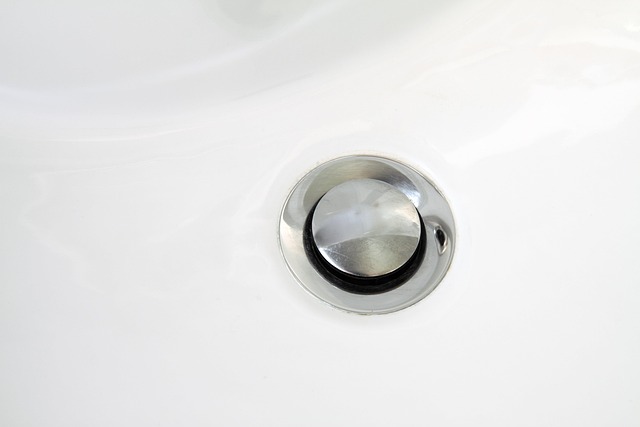
Clogged drains are a common household issue, often caused by a variety of factors. Understanding these causes is the first step in finding effective solutions. One of the primary reasons for drain clogs is the accumulation of hair, grease, and other debris. Daily activities like washing dishes, taking showers, or even brushing your teeth contribute to these blockages. Hair from grooming routines, food scraps from kitchen sinks, and personal care products can all stick to pipes over time, forming a waxy buildup that slows down water flow.
Another significant cause is the disposal of inappropriate items down the drain. Foreign objects like toys, sanitary products, or even certain household chemicals should never be flushed or poured into drains. These items can cause severe clogs and necessitate professional drain cleaning services. Regular maintenance and proper disposal practices are key to preventing common drain clog issues.
Tools and Equipment for Effective Drain Cleaning
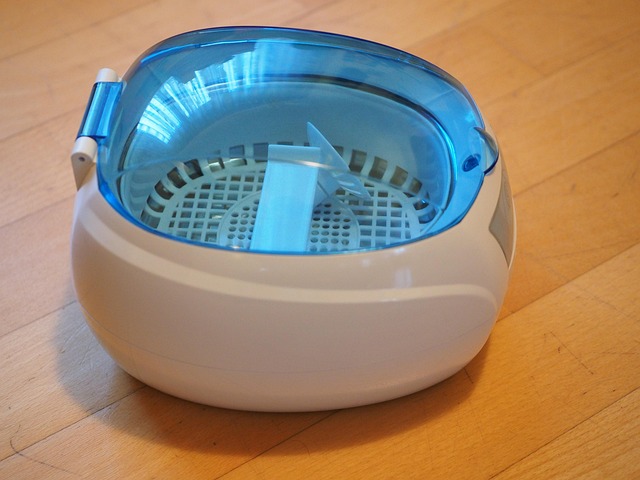
When it comes to effective drain cleaning, the right tools and equipment can make all the difference. A basic set for any homeowner should include a plunger, a snake (or auger), and a drain hook. These simple yet powerful tools are versatile and suitable for various clogs, from hair and grease buildup to more stubborn debris.
For more severe blockages, consider investing in a power drain cleaner. These devices use high-pressure water jets or mechanical rotating heads to break apart and remove obstructions. Always remember to wear protective gear during the cleaning process and follow safety instructions for each tool to ensure efficient and safe drain cleaning.
Chemical vs Natural Drain Unclogging Methods
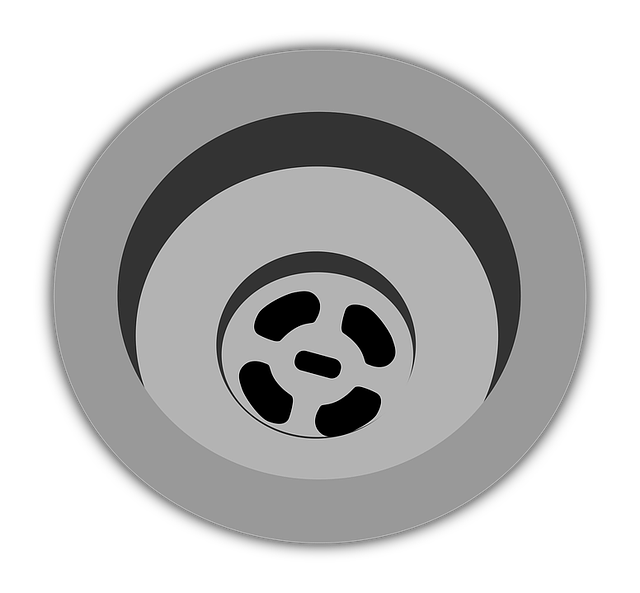
When it comes to unclogging drains, there are two primary approaches: chemical and natural methods. Chemical drain cleaners have been a popular go-to for many years, offering quick and effective relief from clogs. These products contain strong acids or bases that can dissolve hair, grease, and other common blockages. However, their convenience comes with potential risks. Chemical cleaners can be harmful to pipes if used excessively, causing damage over time. They also pose health and safety concerns for users, requiring careful handling and ventilation.
Natural drain unclogging methods, on the other hand, are eco-friendly alternatives that are safer for both your plumbing and the environment. Ingredients like baking soda and vinegar are popular choices. Baking soda creates a frothy reaction when combined with vinegar, which can help break down blockages. These natural solutions are gentle yet powerful enough to clear minor drain clogs. Furthermore, they are cost-effective and readily available, making them convenient options for regular maintenance and preventing future clogs.
Step-by-Step Guide to Clearing a Clogged Drain
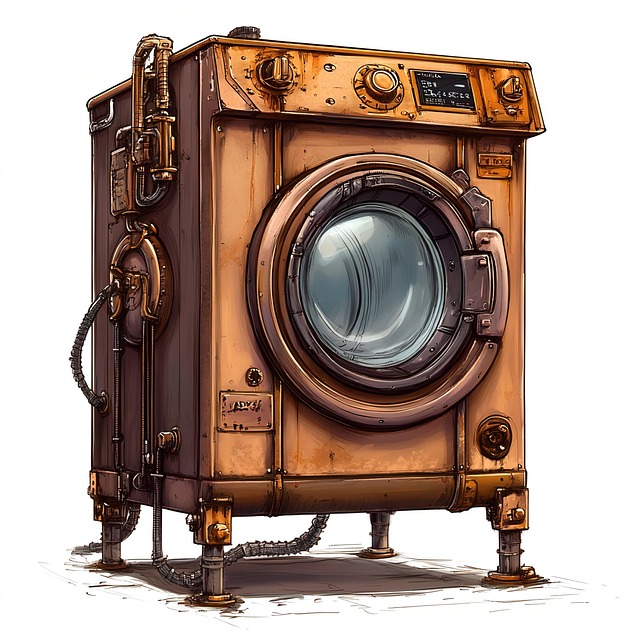
Unclogging a drain can be a quick and easy process if you follow these simple steps. First, gather a few household items like baking soda, vinegar, and hot water. Pour half a cup of baking soda down the drain followed by a cup of white vinegar. This mixture will fizz and help break up any built-up grease or hair. Then, let it sit for about 30 minutes to an hour. After that, slowly pour four cups of hot water into the drain in a steady stream.
If the drain still won’t clear, try using a plunger. Place the plunger over the drain and ensure there’s a tight seal before pumping vigorously up and down several times. This can dislodge whatever is causing the clog. If all else fails, consider professional drain cleaning services for more severe clogs that require specialized equipment.
Preventative Measures for Future Clogs
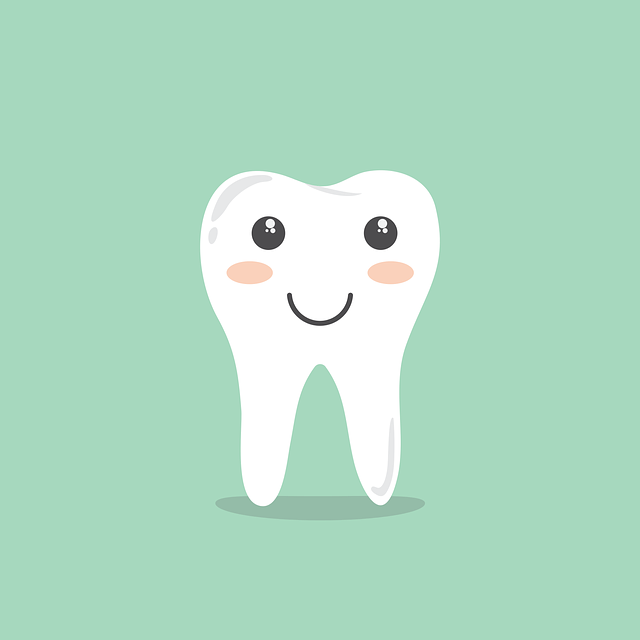
Regular maintenance is key to preventing future drain clogs. One effective preventative measure is to install a drain cover or trap to catch hair, grease, and other debris before they enter the pipe system. This simple step can significantly reduce the frequency of clogs. Additionally, using hot water regularly to flush drains helps dissolve built-up grease and keeps pipes clear.
Another crucial practice is to be mindful of what goes down the drain. Avoid disposing of solid waste, non-biodegradable materials, or substances like cooking oil and fat directly into the sink or shower. Instead, compost organic matter and use eco-friendly cleaning products that are less likely to leave behind residue that clogs pipes. Scheduling professional drain cleaning services annually can also help prevent clogs and ensure your plumbing system remains in optimal condition.
When to Call in the Professionals

If do-it-yourself methods have failed and your clogged drain persists, it’s time to consider calling in the professionals. A licensed plumber is equipped with specialized tools and expertise to tackle even the most stubborn clogs. Regular drain cleaning services can prevent future blockages by removing built-up grease, hair, and other debris that accumulate over time.
Professional plumbers employ advanced techniques such as hydro-jetting, which uses high-pressure water to blast away obstructions, or chemical drain cleaners that can dissolve hard-to-remove clogs. While it might be tempting to opt for a DIY solution or a less costly service, professionals guarantee more effective and lasting results, saving you time, money, and potential damage to your plumbing system in the long run.
Conclusion: Efficient Drain Maintenance Tips
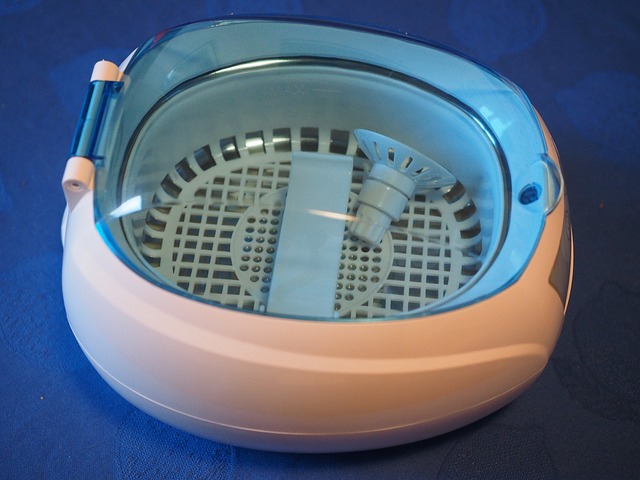
Maintaining efficient drain cleaning practices is key to preventing future clogs and ensuring your plumbing system operates smoothly. Regularly scheduling professional drain cleaning services is an excellent long-term strategy. These experts have the tools and expertise to reach deep into your pipes, clearing away built-up debris and restoring optimal drainage.
Between professional visits, there are simple yet effective DIY methods to keep drains unclogged. For minor blockages, a combination of baking soda and vinegar can be powerful cleaning agents. Pouring this mixture down the drain and letting it sit before flushing with hot water is an easy, natural way to clear out slow-moving water. Additionally, using a plunger for stubborn clogs can provide quick relief by creating a seal and exerting pressure to dislodge any obstructions.
